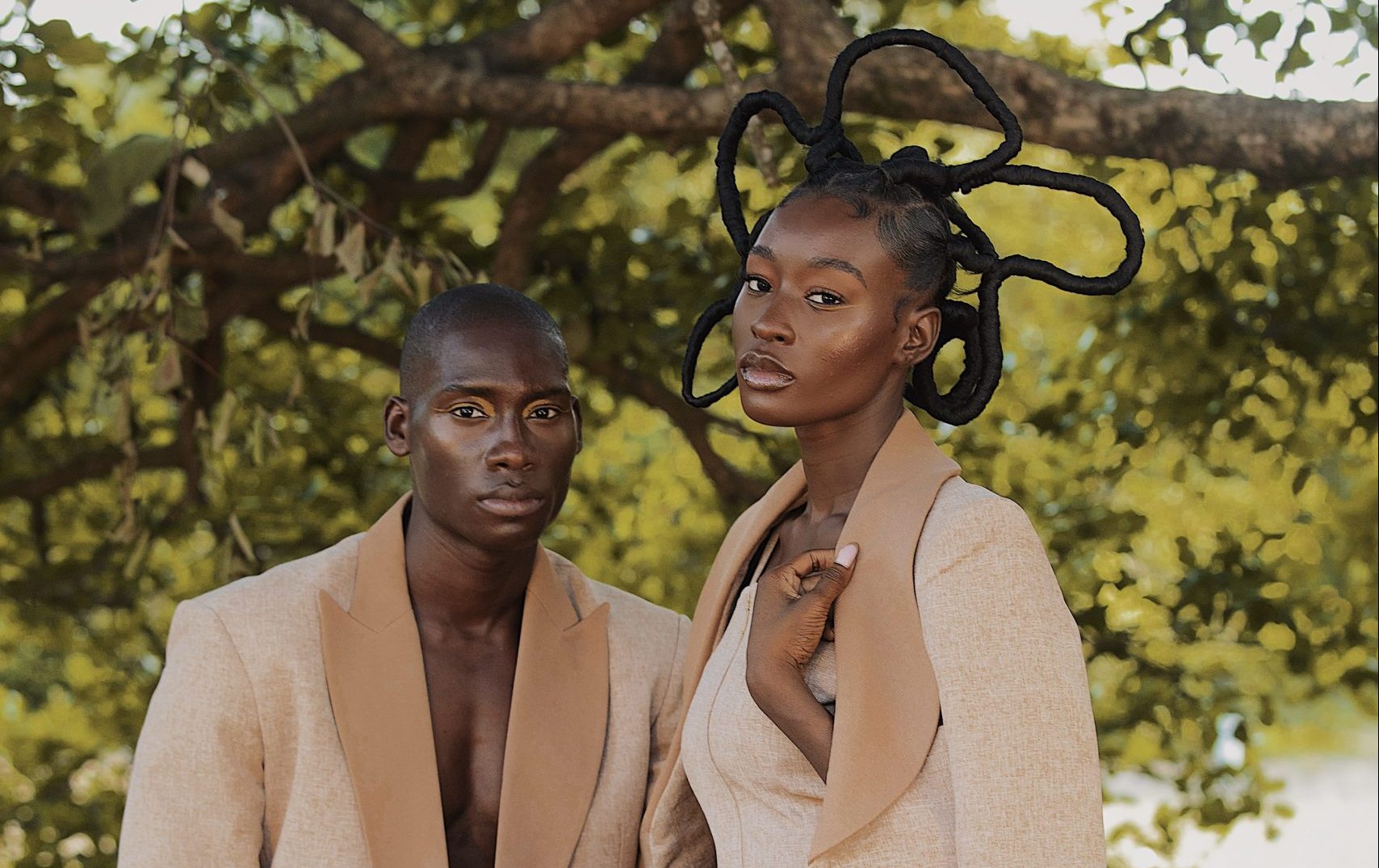Nigeria is a source of rich history and culture and its influence extends beyond its borders. Formed in 2013, the Emmy Kasbit brand aims to highlight and capture the heritage of Igbo people through clothes. The Akwete fabrics and prints that are redolent of old traditions serve as the backbone for the clothing label. Its striking and bold garments have been worn by artists and public figures worldwide.
But beyond creating exquisite pieces, head designer and owner Emmanuel Okoro is deeply invested in uplifting communities through fashion with the Emmy Kasbit Initiative. It was created to empower local craftswomen through programs that provide employment and education in sustainable fashion. By doing so, it preserves old practices while propelling the status of ethical fashion.
Bubblegum Club catches up with Emmanuel Okoro to talk everything Emmy Kasbit.
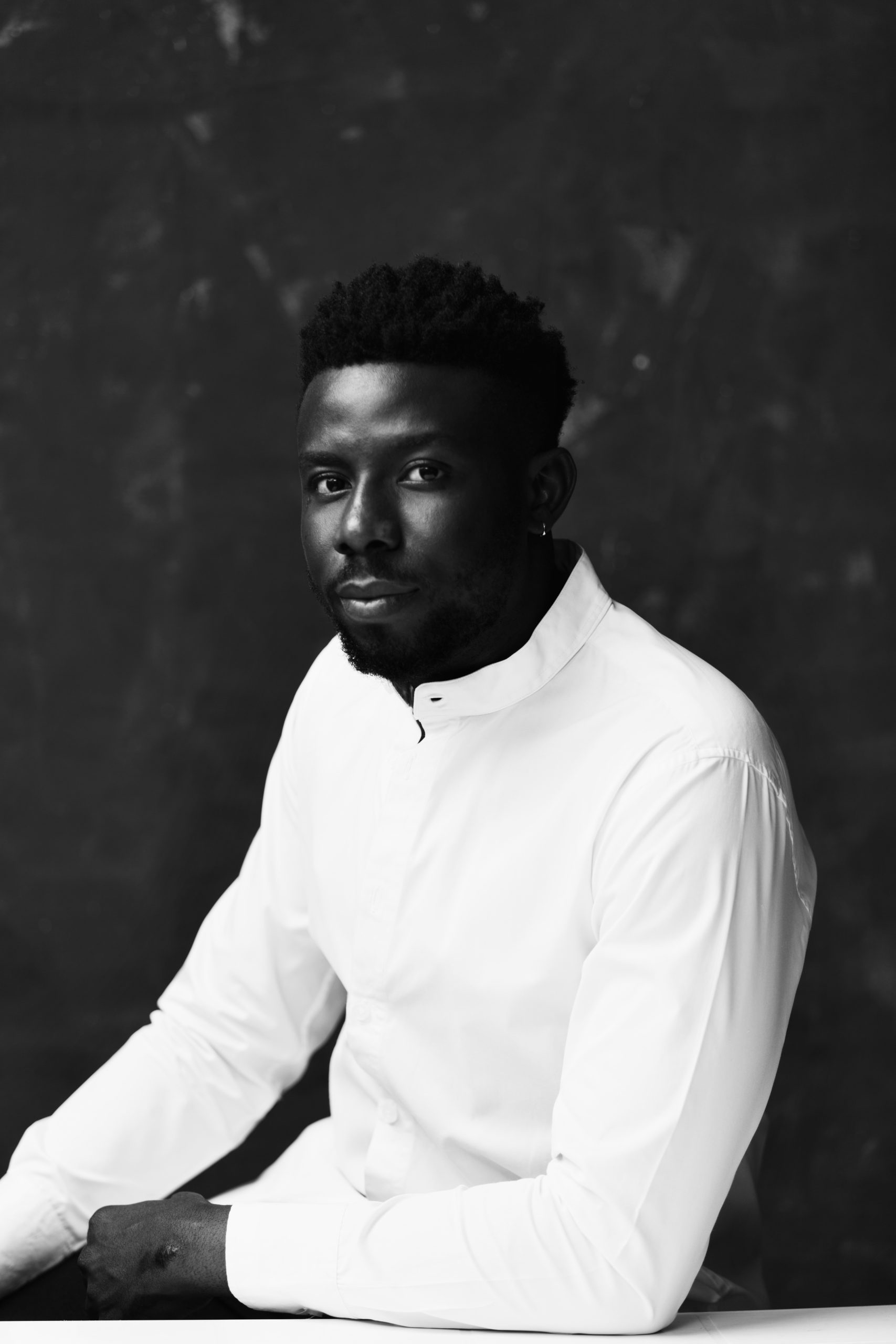
Lee Nxumalo: How did you get into fashion?
Emmanuel Okoro: I was working an internship with a brand for a fashion show back in the day and after gaining some knowledge in pattern-making while having to put the looks together and seeing everything flow through the runway, it made me happy. Being a part of it made me feel like I could do something with what I had learned. So, afterwards, I decided to venture into thrifting and I decided to create a small brand where I made shirts and sold them to schoolmates as a side hustle. That led to the birth of Emmanuel Okoro and what the brand is today.
Lee Nxumalo: When you design your clothes, who do you have in mind?
Emmanuel Okoro: Emmy Kasbit is cross-generational and anyone can wear the brand. An Emmy Kasbit man or woman is adventurous, bold and not afraid of colours. When you talk about African fashion, you talk about vibrant colour and traditional practices like dyeing and weaving. The Emmy Kasbit man or woman is deeply rooted in African fashion and wants to stand out in the midst of the crowd.
Lee Nxumalo: That leads perfectly to my next question, you tend to pick really bright colours and I noticed that in your collections, you have a set of colours that become the foundation for a whole line. What informs which colours you choose for a particular line?
Emmanuel Okoro: For a season, I definitely do a lot of research and find out what are colours in trend and then we go to sites like Pantone and check out what are the suggestions for the season. We’ll also look at what we’ve done in the past and make sure that we’re not repeating a colour. We’ll also look at colours in the same family and what would be suitable to mix and match. We do a lot of testing, honestly, because before we decide on anything, we all come together and I ask questions a lot. It’s all about putting heads together and coming up with the best choice.
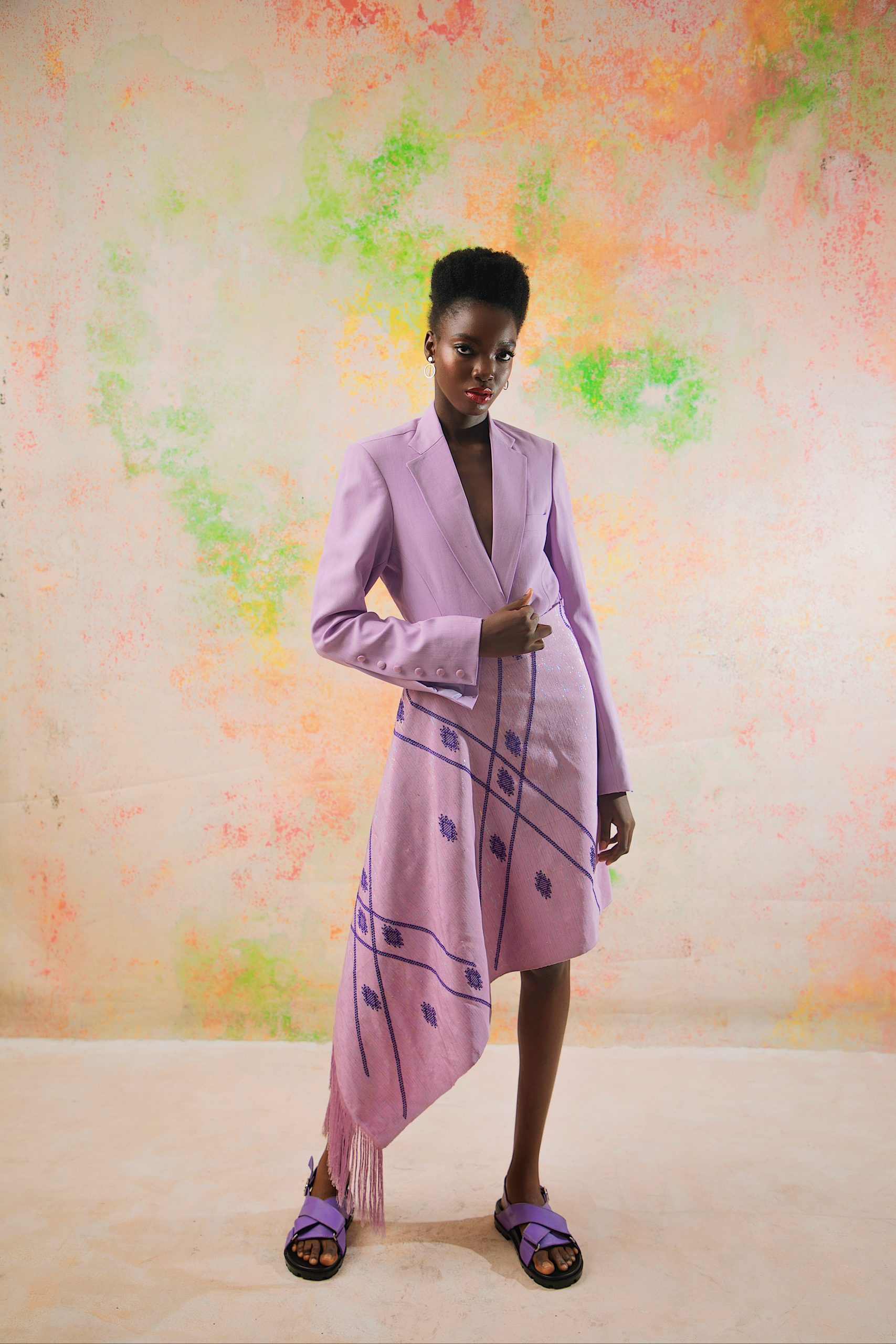
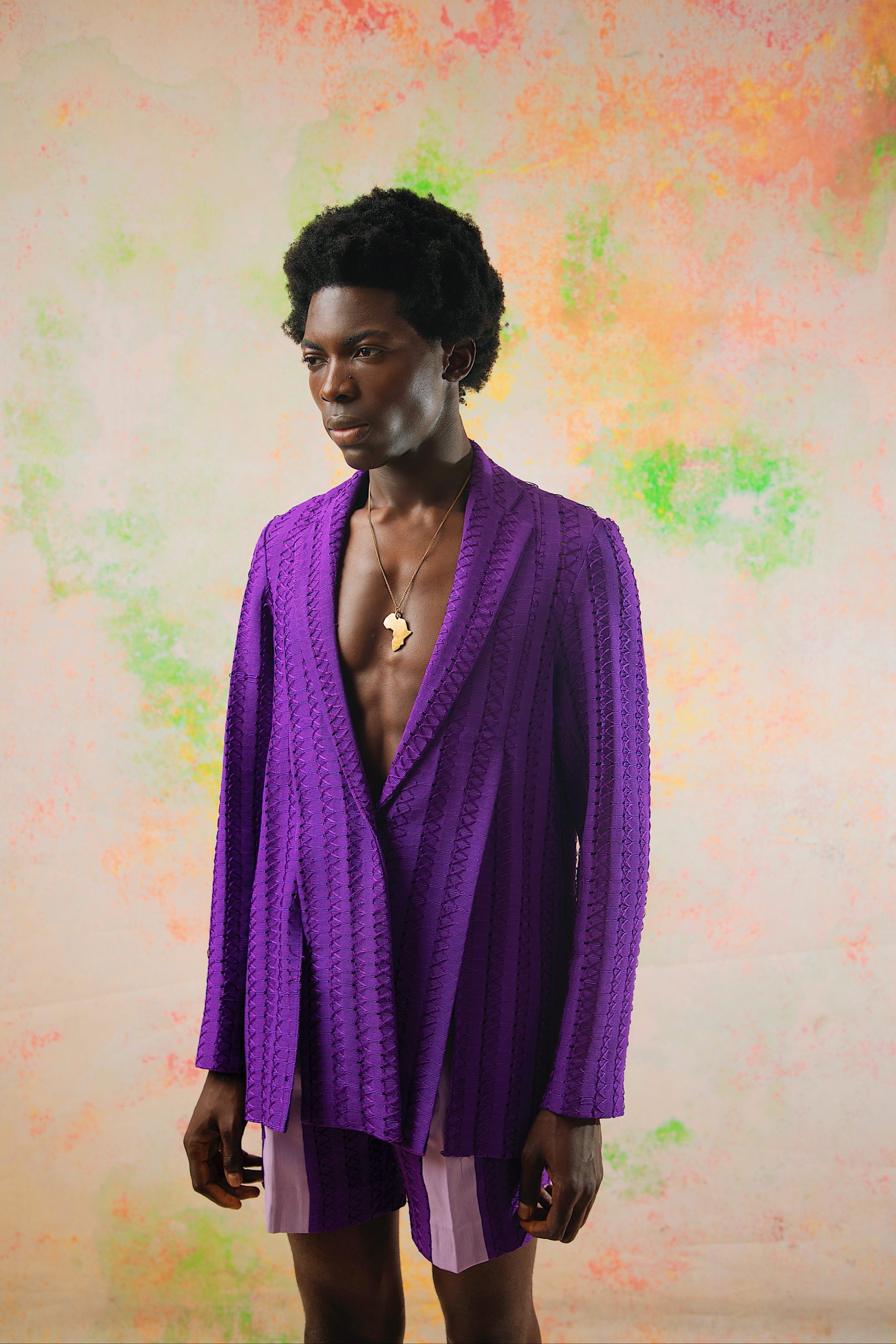
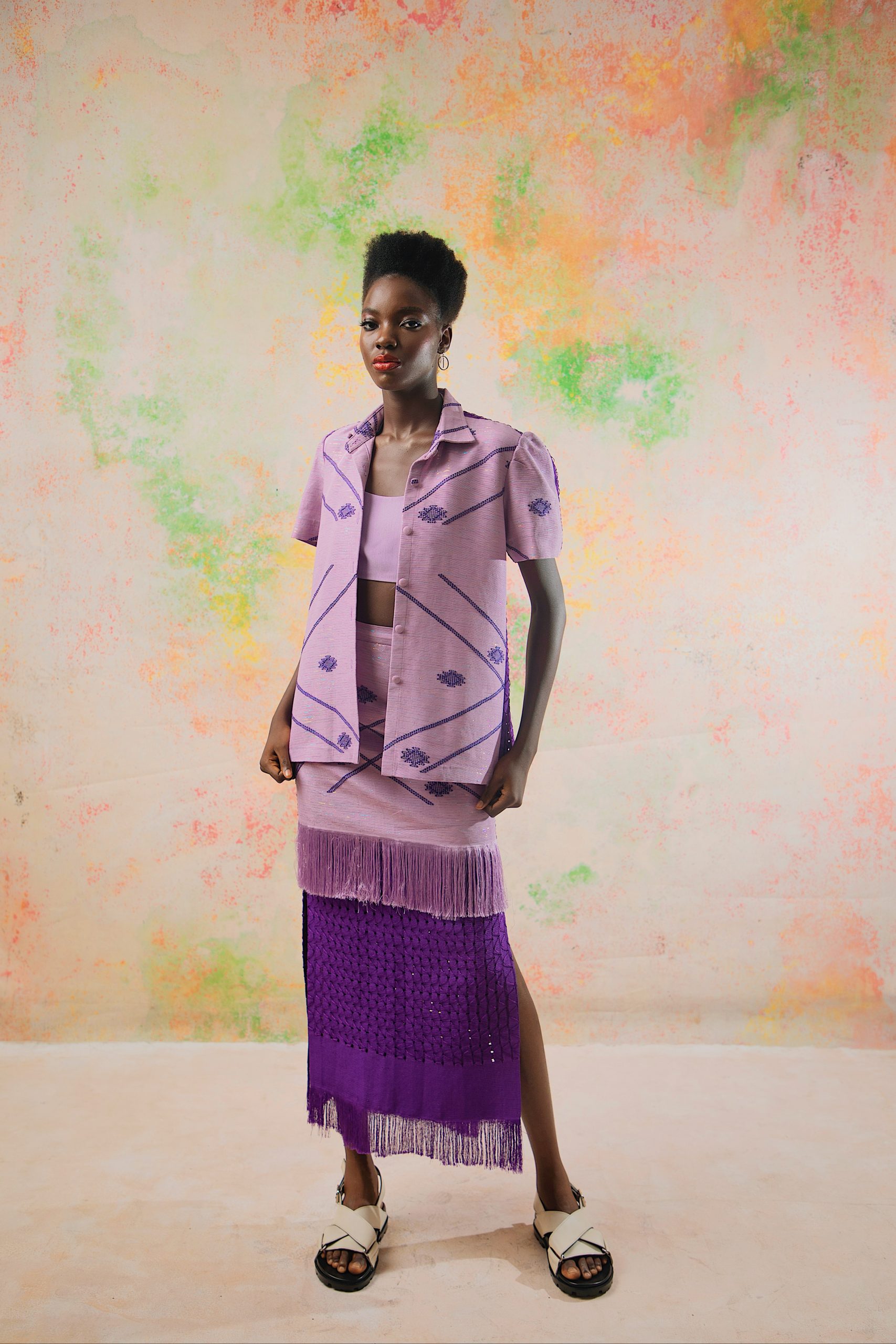
Lee Nxumalo: Your clothes also tend to be a reflection of Igbo society and history and you see it very much with the details and fabric choices. What is the motivation for making this a consistent thread in all your collections?
Emmanuel Okoro: Because Emmy Kasbit is telling an African story with each collection we put out; I feel it is very important to highlight culture with every season. So, I’m generally inspired by past cultural or historical events or places I’ve been to.
I’m from a particular entity in Nigeria called Abia State which is an Igbo society and I try to tell the stories from Igbo land because I’m trying to protect the culture. My dad is also a huge inspiration because he was deeply rooted in culture when he was alive. I tend to follow in his footsteps and I think about the stories he has told me.
Lee Nxumalo: How do you manage running a sustainable brand and balancing the books?
Emmanuel Okoro: I decided that Emmy Kasbit was going to be a sustainable brand that caters to the supply chain and by that, I’m talking about the people who are the cotton growers, weavers, ateliers and artisans. We make sure that everyone on the supply chain is being taken care of. We try to be transparent with everything that comes into production and we make sure that everyone is accounted for.
Behind sustainability is a lot of hard work but we’ve managed to create a zero waste production [model] where we convert the off cuts into smaller items like ready-to-wear pieces. This has made a huge difference for the brand because before, it was hard to balance the books because clients did not want to wait a long time to get an order so now we’ve developed a ready-to-wear line that customers can grab off the racks. This allows us to do more because we have luxury items and ready-to-wear.


Lee Nxumalo: You’ve also established the Emmy Kasbit initiative last year. What did you observe that made starting this initiative important to you?
Emmanuel Okoro: Women empowerment is one of the core values of Emmy Kasbit. We try to preserve traditional practices that are almost extinct. This initiative is like our CSR that caters to the local community by educating young girls, and eradicating poverty while also enhancing culture – those are our three Es. We’re achieving this through summer camps whereby we set up our artisan hub and we send young girls to learn the art of weaving with our skilled artisans. Once they complete that training, we will likely employ them. By doing so, we’re increasing production which has been a problem for us and we’re also reviving the craft. We are encouraging the younger generation to adopt this art to maintain what our forefathers left for us.
I’m really keen on empowering the local community and a lot of these women are not getting the proper recognition they deserve so I want to do more for them and that’s why we started this initiative. Because of this initiative, we have provided means of living for them and they are well taken care of. I want to do more for them and keep them going.
This story is produced in the context of an editorial residency supported by Pro Helvetia Johannesburg, the Swiss Arts Council.







